
May 3 is World Press Freedom Day. This week's TypeRight looks just how free are our journalists, as we see them face arrests and rearrests on made-up charges, physical attacks and threats to life and as the #FreeAssange campaign tries to gain momentum again.
In 2010, two years after the news agency Reuters was still investigating the death of two of their correspondents from Iraq, Namir Nour El Deen and Saeed Chmagh, WikiLeaks, a website that publishes anonymously sourced documents, released a video of a US military helicopter firing at unarmed civilians in Baghdad. The full video, Collateral Murder, can be accessed here, or here. From the summary:
When the video begins, the helicopter is circling above the city. It then focuses in on a group of men walking in the street, including the Reuters journalists. The soldiers in the helicopter state that they see members of the group carrying weapons, ask their commanding officers for permission to engage (fire), and fire upon the group with 30mm rounds. The camera then follows Chmagh as he crawls along the road, and the soldiers can be heard urging him to pick up a weapon. A van, which was later learned to be carrying two children to school along with their father, arrives and several men pick Chmagh up and begin to carry him toward the van. The helicopter requests and is given permission to fire upon the van as it tries to leave. They fire upon the van with 30mm rounds. The video then shows ground troops arriving at the area. A soldier can be seen running as he carries one of the children wounded in the attack on the van.
This came a little after the US military had admitted that its special forces 'attempted to cover up the killings of three Afghan women in a raid in February by digging the bullets out of their bodies.' And this is hardly unsurprising, given that the army is notorious for several war crimes and killing of civilians, from Korea and Vietnam to Afghanistan and Iraq. In July that year, Apc Manning, a US army intelligence analyst was charged with leaking the classified video, for passing "national defence information to an unauthorised source" and to "bring discredit upon the armed forces." [Now Chelsea] Manning was twenty-two at the time of arrest, and spent seven years in prison before the Obama administration commuted her thirty-five-year sentence in 2017.
In the same year after releasing the Iraq video, WikiLeaks releases several war logs and diplomatic cables- from Iraq, Afghanistan, and several American consulates and embassies. In August that year, the founder and public face of the organisation, Julian Assange, was facing an arrest warrant over allegations of rape and molestation during a visit to Sweden. in 2012, he sought asylum in Ecuador's embassy in London, facing prosecution both from Sweden for the molesting charges, and from the United States for espionage.
Since then, Wikileaks has dug up and released several documents exposing the US government and military: National Security Agency (NSA) documents revealing American surveillance of German Chancellor Angela Merkel, French President François Hollande, U.N. Secretary-General Ban Ki-moon, Israel's Benjamin Netanyahu and Italy's Silvio Berlusconi. It has released leaked documents from the Saudi Ministry, from Guantanamo Bay prison, where the Unites States has been engaging in illegal torturing practices on prisoners, cables from the Cairo Embassy exposing Egypt's human rights violations, emails from the US Democratic Party's National Committee, and more.
While the Swedish agencies in charge of the investigation has dropped the investigation, as this Vox article mentions, the point of a #FreeAssange campaign is not related to these particular offences- neither absolving him nor glorifying him for it. It, rather is about how powerful governments treats whistleblowers, journalists and other activists who seek to expose their wrongdoings and human rights violations.
I would be very surprised & sad if Julian is handed over to the US. For me this was never about anything else than his misconduct against me/women and his refusal to take responsibility for this. Too bad my case could never be investigated properly, but it’s already been closed.
— Anna Ardin (@therealardin) April 11, 2019
As the US demands Russia and Putin be held accountable for their war crimes, they are still persecuting the journalist who had exposed several American war crimes. This week, a British judge had officially approved the U.S. government's request to extradite Assange.
The final decision, should the UK Home Secretary Priti Patel choose to approve it, could see Assange facing a 175 year long prison sentence in the US. While the espionage charges were brought in during Donald Trump's rule, the government now under Biden, has so far refused to drop them, despite pressure from human rights groups.
For now, it seems another site, DDoSecrets (Distributed Denial of Secrets) has taken the mantle of leaking to the public classified government info.
While there may have not been WikiLeaks' level of mass data dumps in India (or at least ones that caused similar strong reactions), the country's history of persecuting and failing to protect its journalists and whistleblowers are fairly notable. This January marked five years of the murder of Bangalore based journalist, Gauri Lankesh. Siddique Kappan was arrested over one and a half years ago for reporting on the Hathras rape and murder case, in UP, under draconian laws. Whistleblower and IPS-resignee Sanjiv Bhatt remains in prison for talking about the Gujarat pogrom. Aasif Sultan, Fahad Shah, and many other journalists in Kashmir have been imprisoned under draconian laws like the UAPA and PSA.
It is important to the freedom of press, information and civil liberties that those who speak truth to power not be imprisoned or murdered for doing what they do. Let's start with Assange, but also not stop there- because we have several such journalists and whistleblowers closer to home.
In other News
Continuing on TypeRight's coverage on hate related violence in India, last week saw demolition of several commercial buildings and houses in Jahangirpuri, New Delhi despite a Supreme Court order for maintaining Status Quo. While the Delhi Municipal Corporation claims they were encroachments, there are reports and evidences that the demolitions were targeted at poor and minority communities.
This thread from Land Conflict Watch explains this further:
Similar demolitions have been happening all week, this from Khargone in Madhya Pradesh:
In another update from last week's TypeRight, the twitter deal seems to have been closed by Elon Musk. Claiming to be a free speech 'absolutist,' what exactly this means for users to defend misinformation, trolls, bullying, remains to be seen, along with the reinstating of controversial, hate-spewing accounts that twitter had suspended like Donald Trump and Kangana Ranaut.
With a print media that had been facing crisis for a while now, and dwindling revenues from online sources, this decision might turn out better revenues for India's online media.
.jpeg)
In a cyberspace where women face harassment, bullying and misogyny, this news piece talks of one engineer trying to fix things:

One of DEF's work on the ground through the Digital Sarthak program and others is to work on up-skilling communities on the ground through digital. Here, this news piece from The Hindu explains how skilling is necessary:

Updates from the widespread activities of Digital Empowerment Foundation
Take a look at the Travellers' University Fellowship, which DEF is also a partner of:
We have been recognised as one of five champions under the e-health category by the World Summit on the Information Society:
Updates from our Smartpur Project in Nuh, Haryana:
We will be back with more news and updates next week!

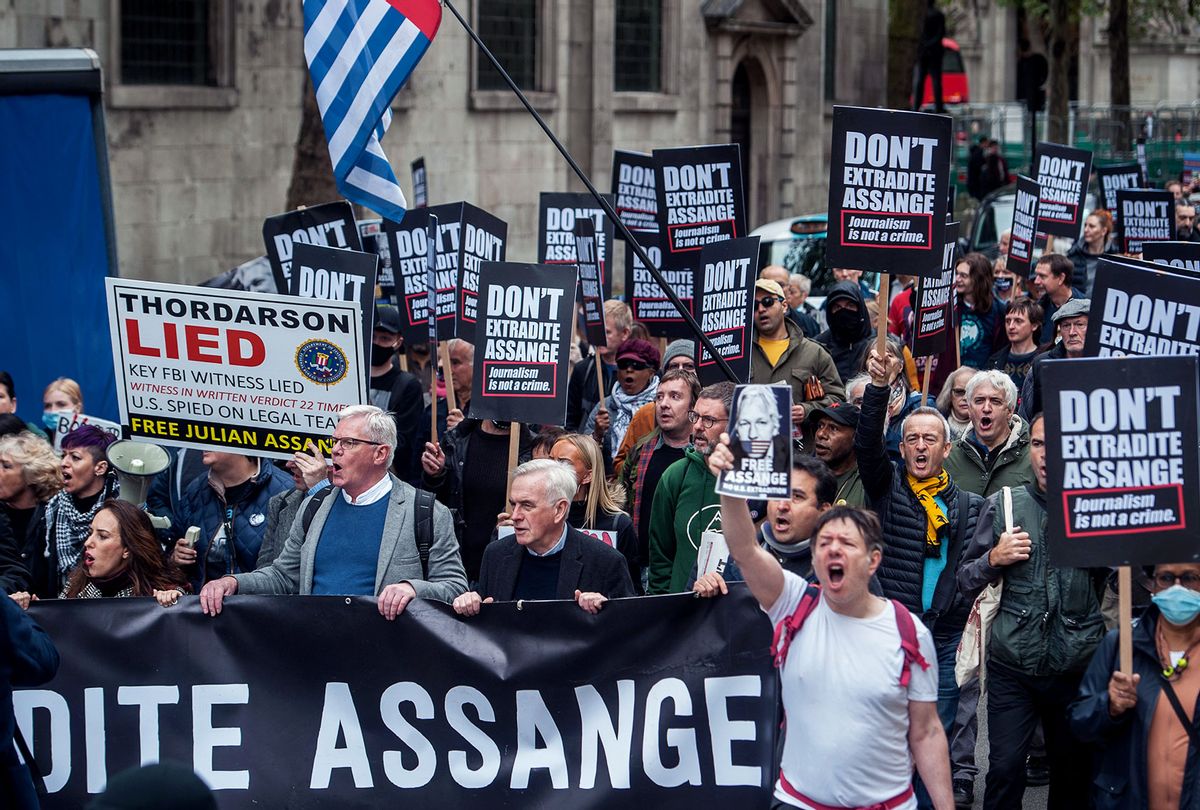
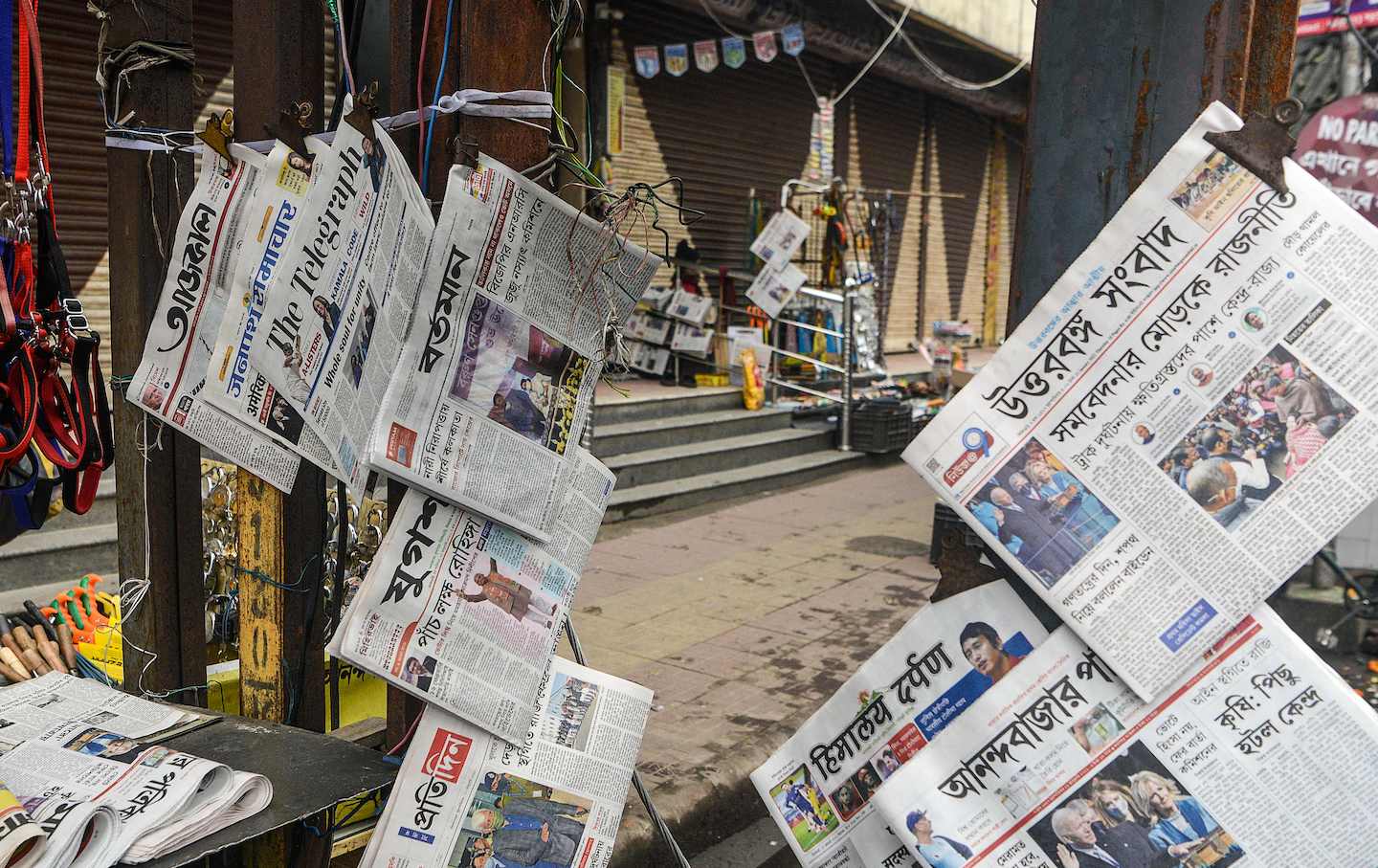
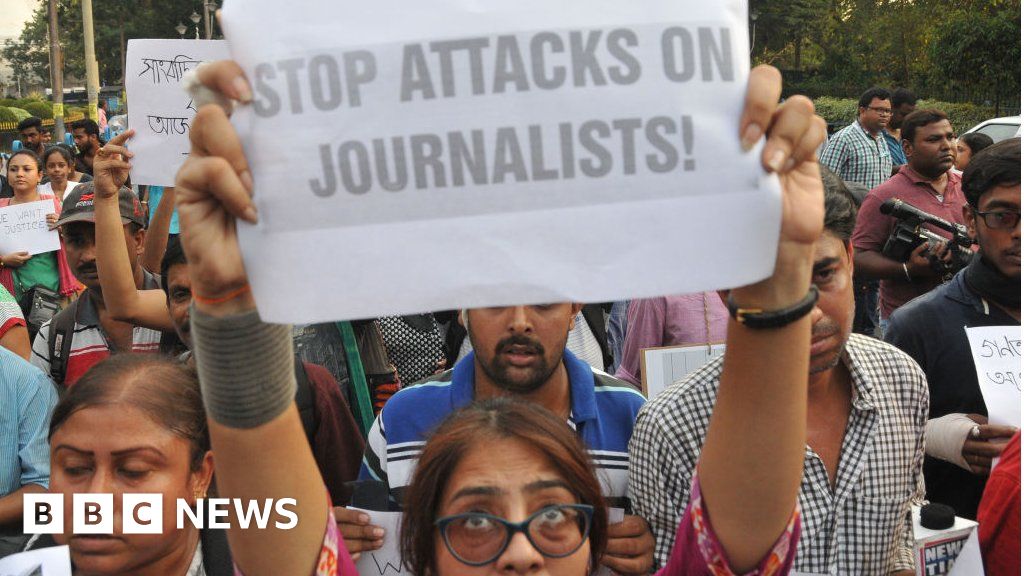

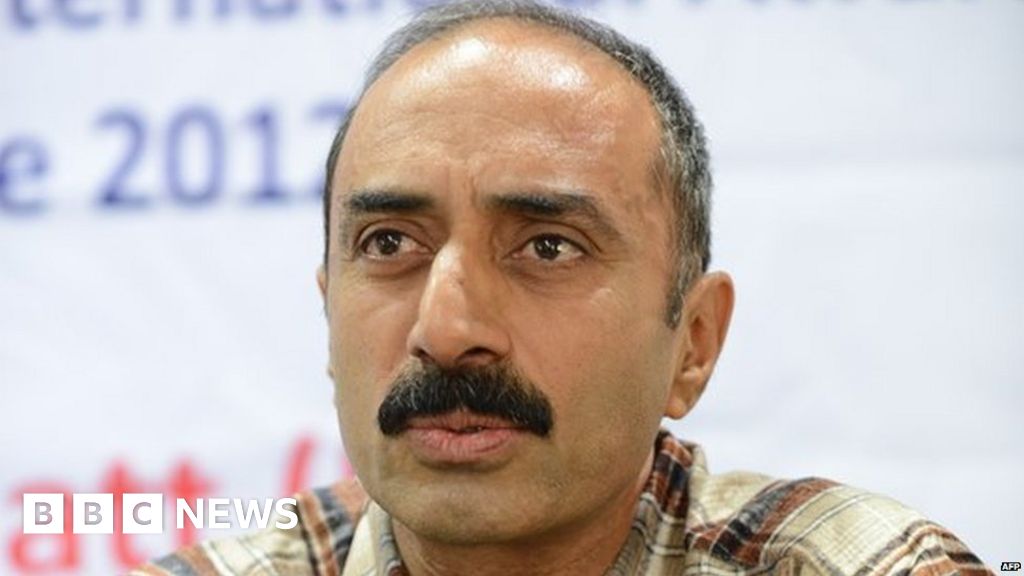


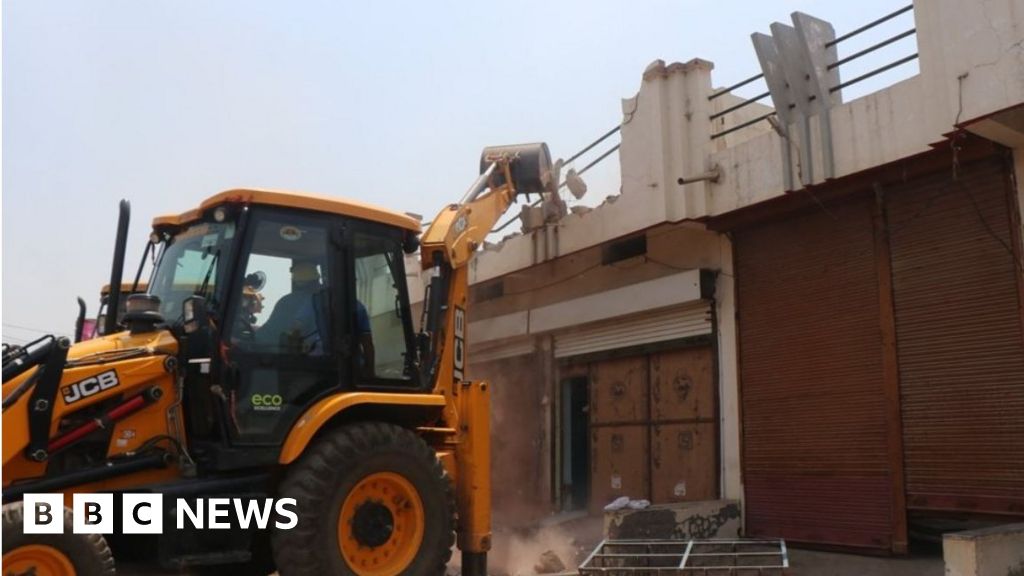
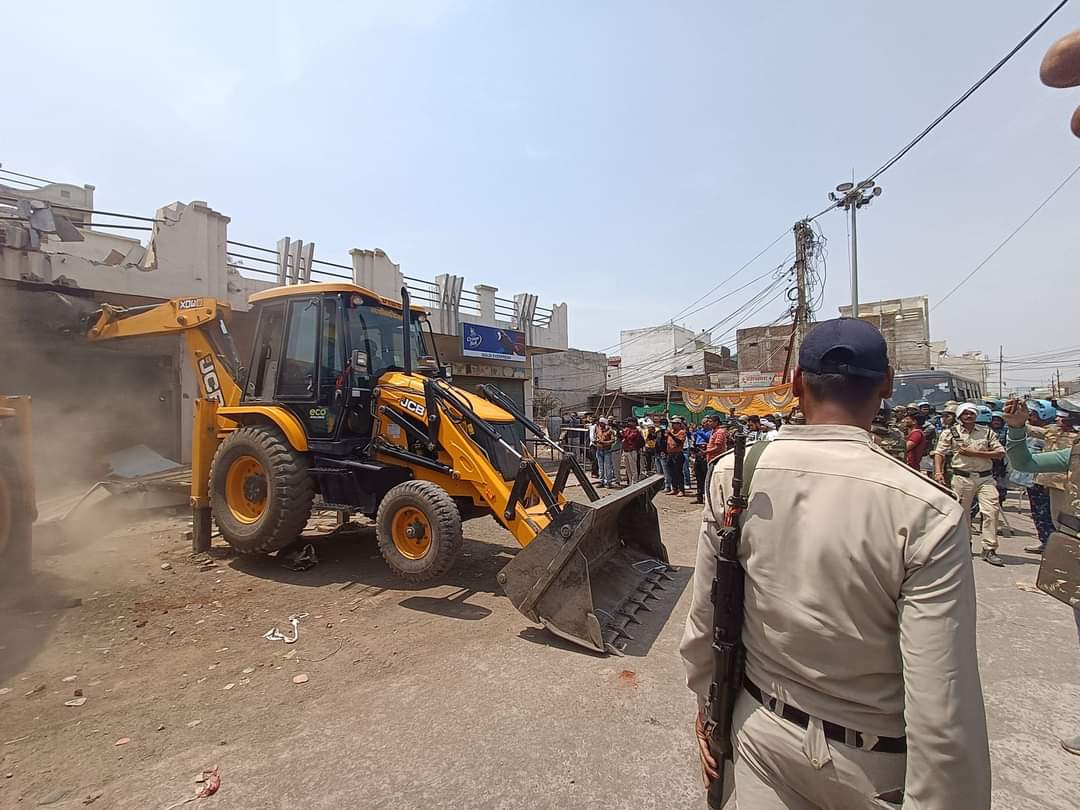
/cloudfront-us-east-2.images.arcpublishing.com/reuters/G3ZHSKXWXVN4RIIRETS37QFMZI.jpg)



















 might be?](https://sk0.blr1.cdn.digitaloceanspaces.com/sites/1394/posts/714526/dbc8de4c-5c50-411f-aba0-55cfb74a692d.jpeg)

Write a comment ...